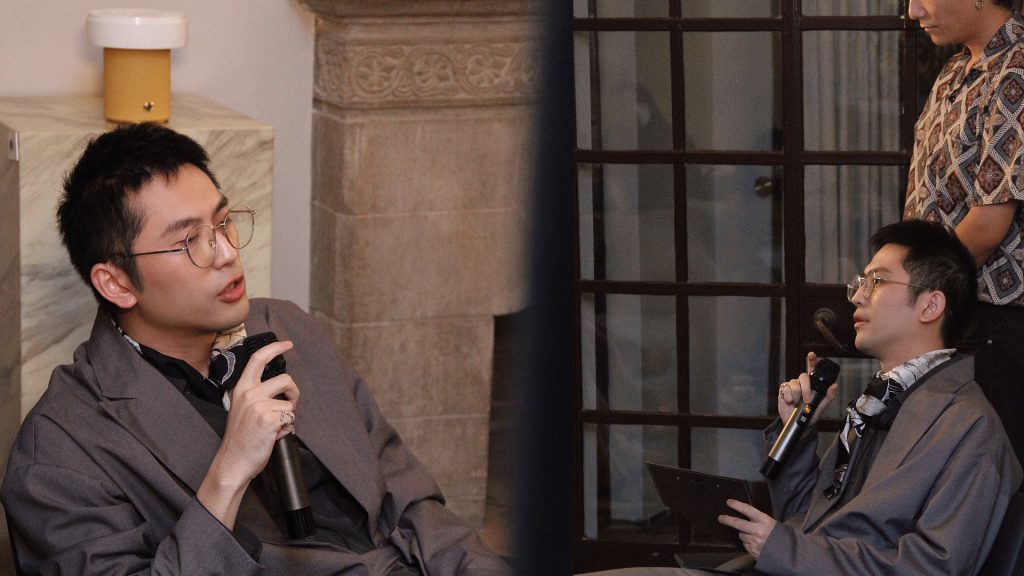
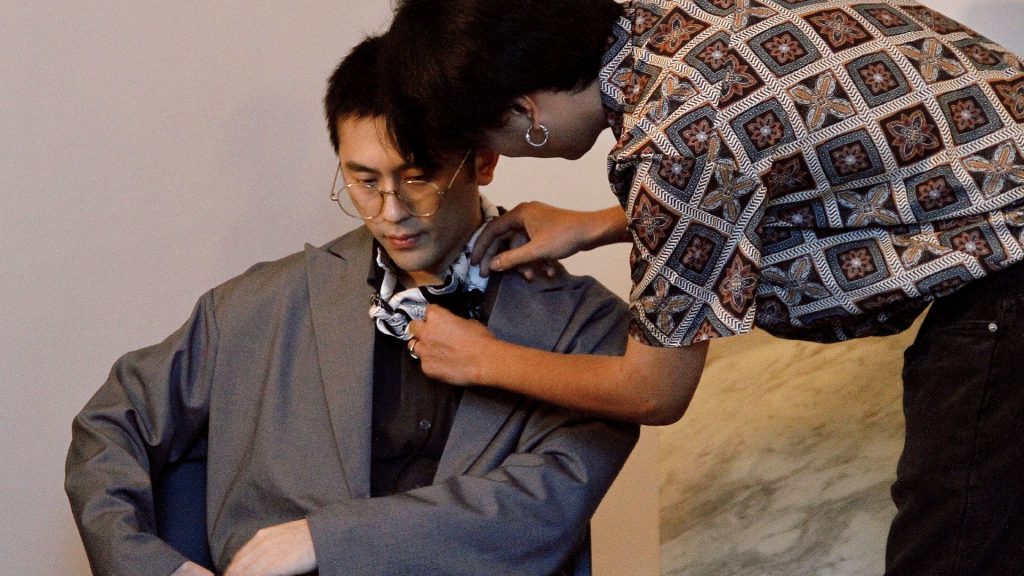
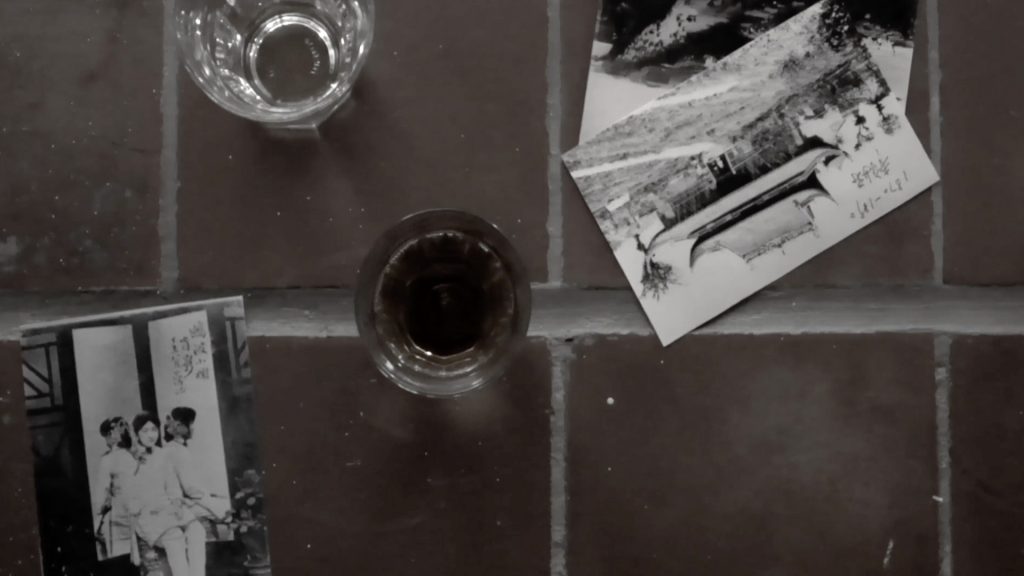
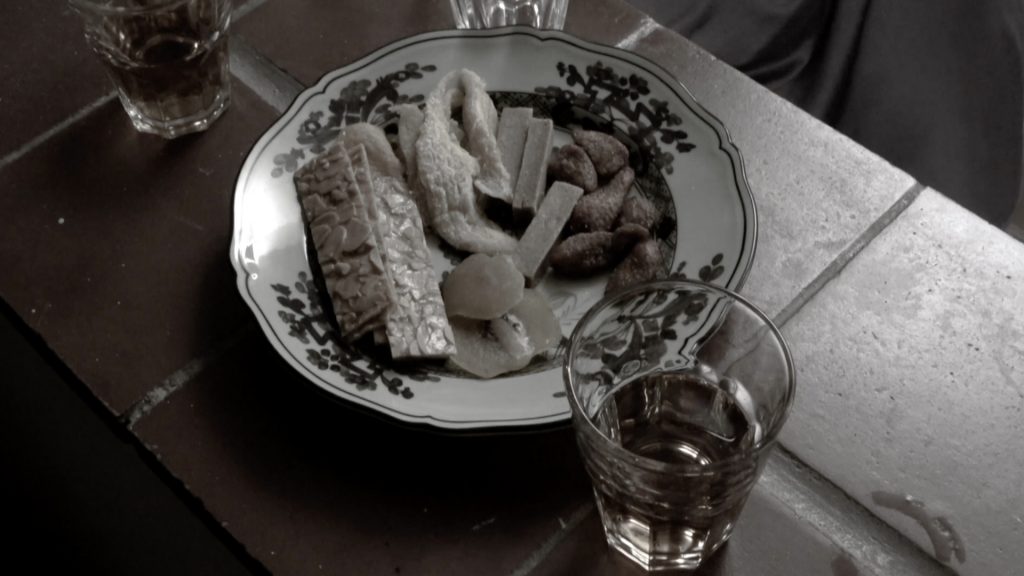
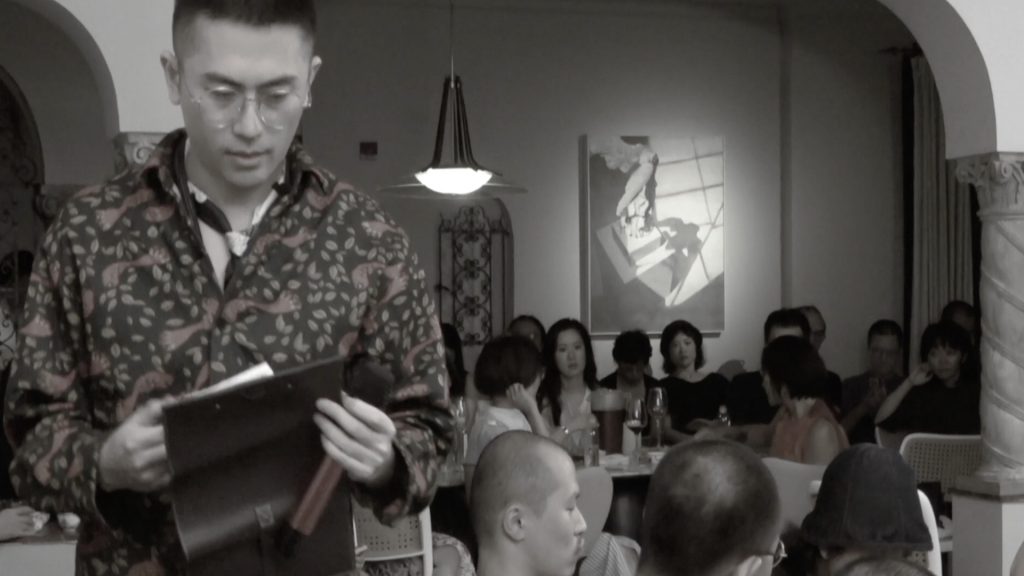
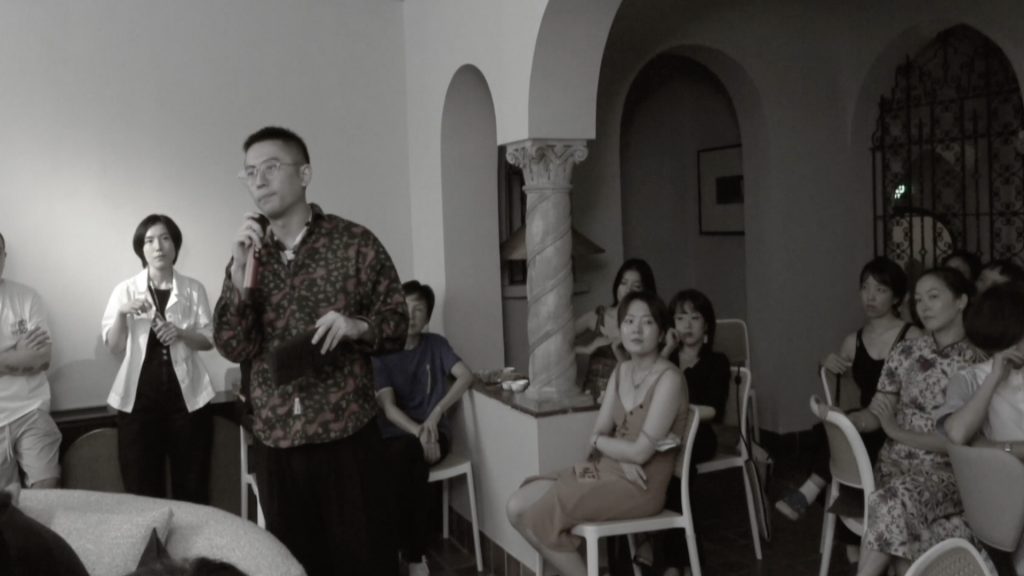
The Financial Specter in The Sing-Song Girls of Shanghai
2022,Lecture Performance
In 1891, Han Bangqing went to Beijing for the imperial examination for the last time. There, he met Sun Yusheng, the author of a Dream of Prosperity in Shanghai. The two novelists read each other’s manuscripts. According to Sun, at that time Han had already drafted the titles for twenty-four chapters of his novel, among which “half were completed.” The book was initially titled Chronicles of the Flower Kingdom, though Han was not satisfied and wanted to change it to The Sing-Song Girls of Shanghai.
In order to publish his works independently, Han founded the magazine Peculiar Tales of Shanghai, affiliated to with Shanghai News, taking advantage of the newspaper’s printing and distribution channels. Legend of Flowers of Shanghai became the first original, local novel ever published as a serial by periodicals in China. Before the official publication of Peculiar Tales of Shanghai, Han placed a prominent advertisement in Shanghai News for eleven consecutive days, and then forty-five times for the following year to build momentum for the novel. These methods of publication, distribution, and promotion were groundbreaking at the time. Han had the mind of a modern businessman.
The Sing-Song Girls of Shanghai is in fact the epitome of novels of the old times, although the structure, in which the author took the most pride, bears resemblance to that of Western novels. Characterized by extremely economic writing, it reads like a script, with only dialogues and a few actions. It’s full of innuendos and matter-of-fact accounts, yet they are light and unobtrusive, woven into the texture of ordinary human life, sparse and gray, with many things ‘escaping our notice at the time (Eileen Chang’s review).
Payne Zhu plays the role of a male courtesan in this performance. Inheriting the alternative financial narrative from previous works and combining it with his own experience of Shanghai, he manages to re-activate the spirit of finance flowing throughout the novel. The financial instruments used by guests (insurance, securities and commercial papers), business models manipulated by high-class brothels (issuing currency notes, shareholding and financial fraud) and the mentality of guests and courtesans who trade off in various situations depicted in the novel make it a prophecy of Shanghai, where, even a century later, life still seems trapped in such circumstances.
海上花中的金融魂灵
2022,表演讲座
1891年,韩邦庆最后一次赴京秋试,结识《海上繁华梦》作者孙玉声,两人互读对方小说稿,据孙的记录,此时韩已拟定小说回目二十四回,“书则仅成其半”,书名《花国春秋》。韩对名字不太满意,拟改名为《海上花》。为了独立发布自己的作品,韩创办了《海上奇书》杂志,挂靠《申报》,利用《申报》的印刷和发行渠道。《海上奇书》杂志连载海上花的创举使得《海上花列传》成为中国报刊连载的第一部本土原创长篇小说。《海上奇书》正式刊行前,韩在申报显著位置连续刊登11天广告,此后一年内,刊登广告45次,为其造势。这些出版、发行和推广方式在当时都是开创性的,韩有明确的现代商业经营理念。
“《海上花列传》其实是旧小说发展到极端,最典型的一部。作者最自负的结构,倒是与西方小说共同的。特点是极度经济,读着像剧本,只有对白与少量动作。暗写、白描,又都轻描淡写不落痕迹,织成一般人的生活的质地,粗疏、灰扑扑的,许多事’当时浑不觉’”(张爱玲评)。
佩恩恩在其表演中扮演一位男性倌人,延续着过往作品里的另类金融叙事,并结合其自身的上海经历,将小说中流淌的金融性激活,通过小说中客人所使用的金融工具(保险、证券、商业票据)、长三书寓的经营方式(发币、股份制、金融诈骗)、客人与倌人不同境遇时的权衡思维,将一部旧小说演绎成一部上海的预言,百年后的上海也未能摆脱这样的况味。